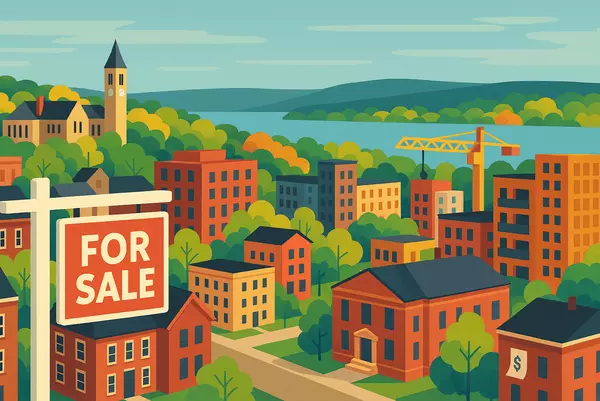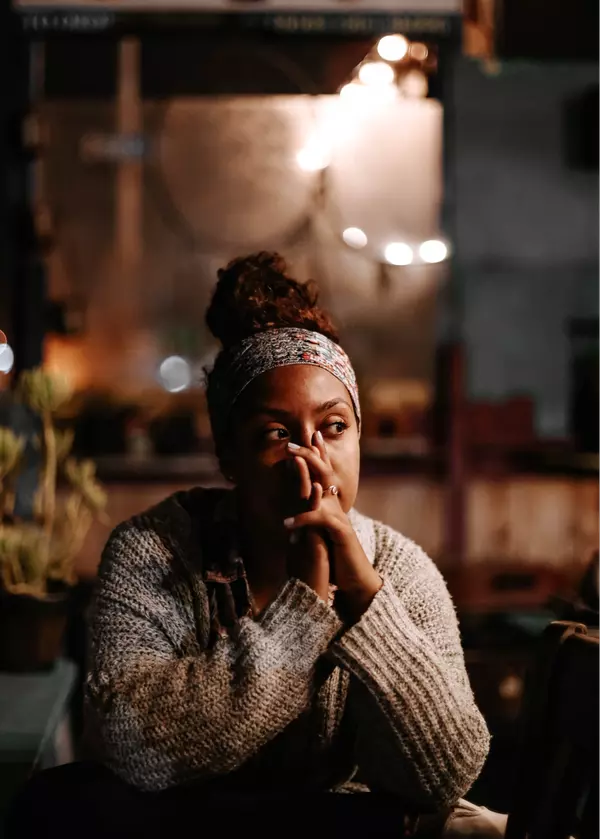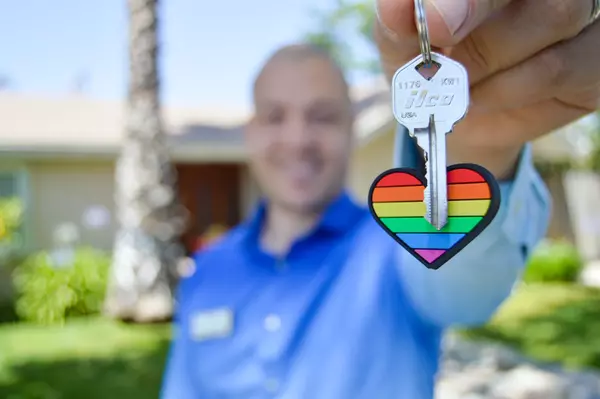Am I Ready to Buy a House?

Buying a house is a major life decision that requires careful consideration. It's like moving cities or having a child. Here are some things to think about if you're considering buying a house. Some are about money, while others are more personal. By the end of the list, you'll have a better idea of whether you should buy a house.
You're ready to buy a house if …
Consider these five signs that you may be ready to buy a house. This isn't a complete list, but if these resonate with you, it's possible that you're on the right track.
You have a steady income.
Whether you work a traditional 9-to-5 job or are self-employed, you need a reliable source of income. This is important for paying your bills and getting a mortgage. Lenders use your income to decide if you can repay the loan. You may need as much as two years of work history.
You have solid plans for the near future.
Buying a house is a long-term commitment. If you have to sell, it’s more involved than breaking a lease or subletting your apartment. You want a place that will be comfortable not just now, but also in the future. For example, if you plan to have kids, it may make sense to buy a bigger home now instead of a small one you'll need to upgrade later.
You've saved up for a down payment.
Saving for a down payment is one of the biggest challenges of buying a home. You don't need to put down 20%, but you'll likely need to make a down payment between 3% and 10% of the purchase price, depending on your mortgage type. There are also closing costs to consider, which typically run between 2% to 5% of the total price. Having savings already set aside is a good start.
You're ready for the responsibilities of homeownership.
Owning a home means taking care of it. Unless you can afford to pay someone else to manage them, these tasks are now your responsibility. Even with a new, move-in-ready home, be prepared to spend time on home maintenance. Consider buying a condo instead of a house to lessen your workload, but remember that you'll have less control and will need to pay homeowners association fees.
You can afford a location that meets your needs.
Don't buy a house just because you can afford it. Think about whether the location is one where you want to live long-term. If city living is too expensive, keep renting. Have you found a town that fits your lifestyle and budget? You might be ready to start looking. Be prepared to make tradeoffs – for example, you may need to compromise on your commute for a better school district. Remember, this is your home. It's best to buy a place that really works for you.
You should postpone buying a house if …
Here are five things to think about before buying a home. These aren't necessarily red flags, but they're reasons to be careful. Keep in mind that your plans can change, and fixing your finances can make homeownership possible.
You feel pressured by friends or family.
Don't buy a house just because everyone else is. If you don't feel ready, it doesn't matter if it's a good investment or a sign of adulthood. There's no rush. Market conditions change, but the opportunity to buy is always there.
Your credit score needs work.
Your credit score is important for mortgage lenders. It shows whether you can pay your mortgage. The higher your score, the better your chances of getting a loan with good terms. Improving your credit score takes time, but it can help you save money in the long run.
You have a lot of debt.
Mortgage lenders look at your debt-to-income ratio when deciding whether to give you a loan. If your ratio is too high, you may not qualify. You should pay down your debt before buying a home.
You don't want to be tied down.
If you want to travel or are thinking about going back to school or making a career change, you may not be ready for homeownership. Unless you have someone else to help you, a big drop in income could make it hard to pay your mortgage.
Your mortgage payments would take up most of your money.
Home prices are high, making it hard to find affordable houses. Remember that homeownership comes with costs beyond your mortgage payment. Use the 28/36 rule to avoid spending too much: put no more than 28% of your income toward homeownership costs and cap debt payments at 36%. If your mortgage payment would leave little room in your budget, consider buying a home later.
Conclusion
Hopefully these signs help you clarify your readiness. If you want to move forward, here are the steps to buying a house. If you’re still stuck, consider contacting a real estate agent who is familiar with your area.







